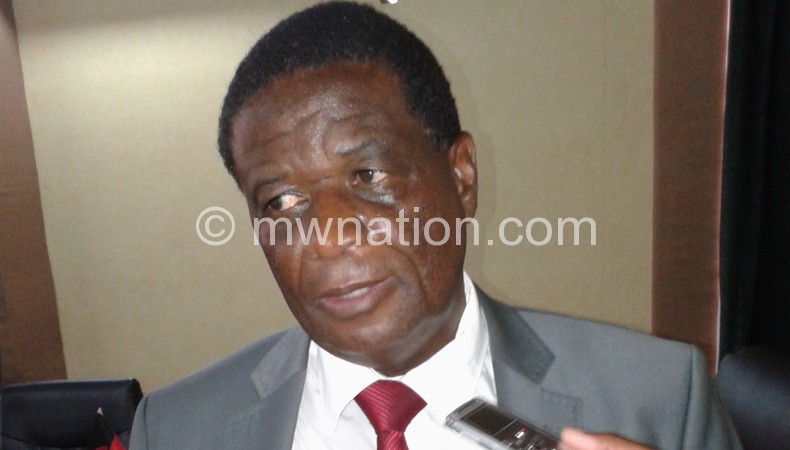Malawi unveils Disaster Risk Policy
The Department of Disaster Management Affairs (Dodma) on Saturday launched the long-awaited National Disaster Risk Management Policy and the National Disaster Risk Management Communication Strategy at Chimwala Primary School in Mangochi.
The launch means that the country, which has recently been hit by floods and heavy rains, will now have a comprehensive system for disaster risk identification, assessment and monitoring.

Minister of Information, Tourism and Culture Kondwani Nankhumwa, who graced the launch, said reducing disaster risks is crucial for sustainable development as disasters are a major threat to a nation’s development.
Said the minister: “Malawi is vulnerable to disasters such as floods and drought which weaken government’s efforts to achieve development as extra resources are diverted to disaster response. The documents [policy] will assist the nation in management of these disasters and ensure that rights of people affected are respected.”
During the launch, most of the victims of the floods and heavy rains living in camps in Mangochi complained about corruption and fraud which they said have affected reasonable distribution of relief among the victims.
“We realised that more items go to people who are not affected while we, the real victims, are starving in the camps and lack clothing and blankets,” lamented Tamara Laston, one of the flood survivors staying at Chisasa Camp in the district.
Senior Chief Chimwala of the area admitted that there was corruption and asked government to intervene.
The minister said he will report the matter to President Peter Mutharika and ensure effective relief distribution.
In his remarks, principal secretary for Dodma Paul Chiunguzeni said since 1979, 22 million people have been displaced and three million killed by the natural and human-induced disasters in the country.
“Both rural and urban areas are vulnerable to these disasters. The policy marks a milestone in government’s efforts in ensuring that disaster losses and impacts are sustainably reduced,” said Chiunguzeni.





